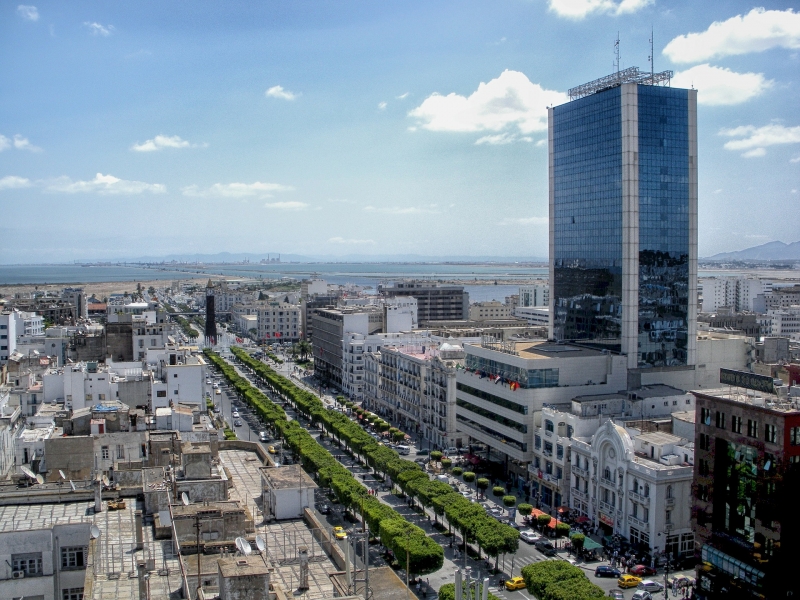The health sector in Tunisia features a current building stock of more than 5000 buildings (from large university hospitals to local health posts, private clinics and laboratories) with a surface of almost 800 000 m2 and a capacity of 5600 hospital beds. They not only deliver health services to the Tunisian population, but also represent 5% of total energy consumption in the buildings sector. In comparison to similar health establishments in Europe, there still exists an energy savings potential of approximately 50% - while at the same time providing the opportunity to improve patient comfort. These are the findings of a mapping of the Tunisian building sector supported by PEEB for the National Energy Management Agency (ANME), in collaboration with UNESCWA and KfW.
The Tunisian Ministry of Health is actively engaged in improving and extending its services and health facilities. It has a total of 44 ongoing projects with a number of international partners, among others PEEB. Two large regional hospitals will incorporate extensive energy efficiency measures with PEEB support. Both hospitals will outperform the planned energy regulations for hospital buildings by 20%. The required financing of EUR 156 million will come from AFD, with an additional EUR 2 million from the European Union.
PEEB is additionally providing the Ministry of Health with technical assistance for the duration of the design and construction phases for helping to achieve the international version of the French Green Building certification system “Haute Qualité Environnementale (HQE)”. A technical guide on energy efficiency in health facilities which is currently under preparation together with ANME and the Ministry of Health will be used to transfer this knowledge to other hospital projects. Awareness raising sessions about the technical guide are furthermore foreseen for ministry and hospital management staff.
These scale effects lead to a high leverage in energy-efficient investment and CO2 savings.



 more
more